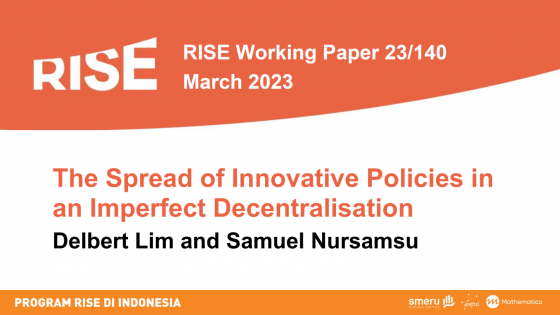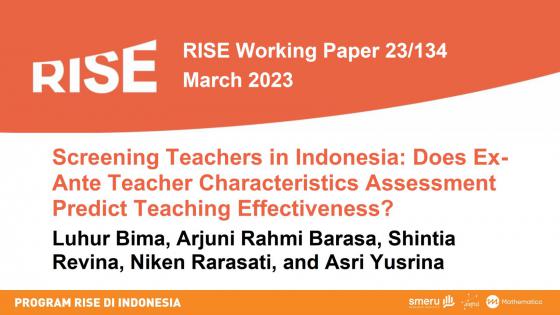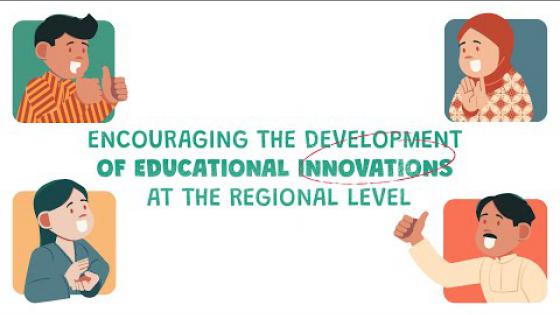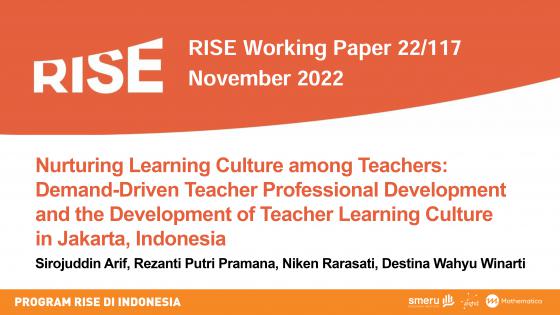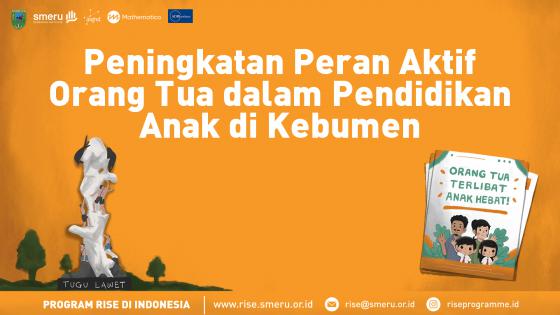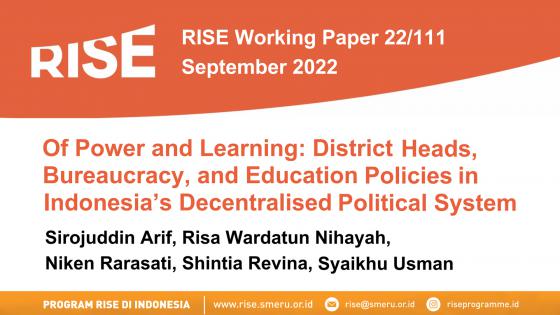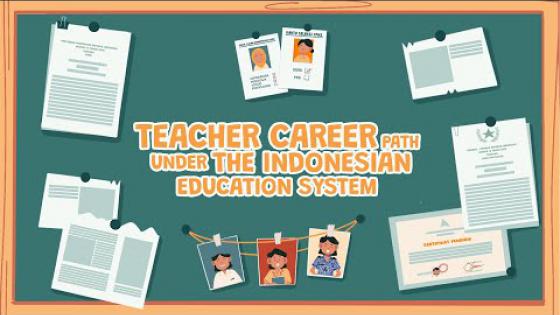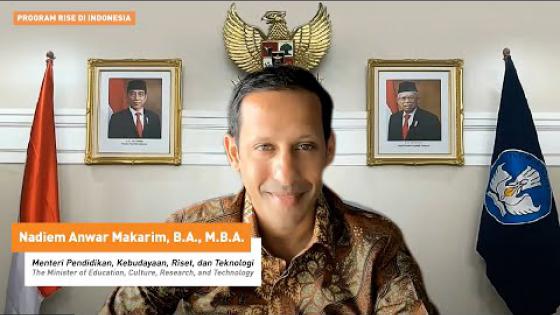Indonesia has instituted wide-ranging educational reforms over the past twenty years, but recent international assessments of student learning indicate that these reforms may not have translated into learning gains—the country is performing comparatively poorly and worse than its regional neighbours. To examine the relationship between schooling completed and learning gains, and how that changed over time, we developed learning profiles using five rounds of data from the Indonesian Family Life Survey (IFLS).
We show that Indonesia has succeeded in achieving high levels of school enrolment and attainment, with particular gains concentrated in junior secondary and senior secondary school between 2000 and 2014. However, we also find a large gap between students’ mathematical ability and what they are supposed to know based on the education curriculum. Absolute learning levels as well as marginal learning levels are low, meaning that students are learning little as they are promoted from grade to grade. Even high school graduates struggle to correctly answer numeracy problems that they should have mastered in primary school.
We also find that learning is decreasing slightly over time. We extend our analysis by identifying characteristics of children who are educationally left behind: children who are performing particularly poorly compared to their peers. Children with low numeracy levels are more likely to live in Eastern Indonesia, in rural areas, and be older and male. Our findings, albeit limited to a narrow set of test items, demonstrate the incredibly slow pace of learning occurring throughout Indonesia, and reiterate the importance of focusing system reforms on learning progress.
.
This is one of a series of working papers from RISE—the large-scale education systems research programme supported by the UK’s Department for International Development (DFID), Australia’s Department of Foreign Affairs and Trade (DFAT), and Bill & Melinda Gates Foundation.


